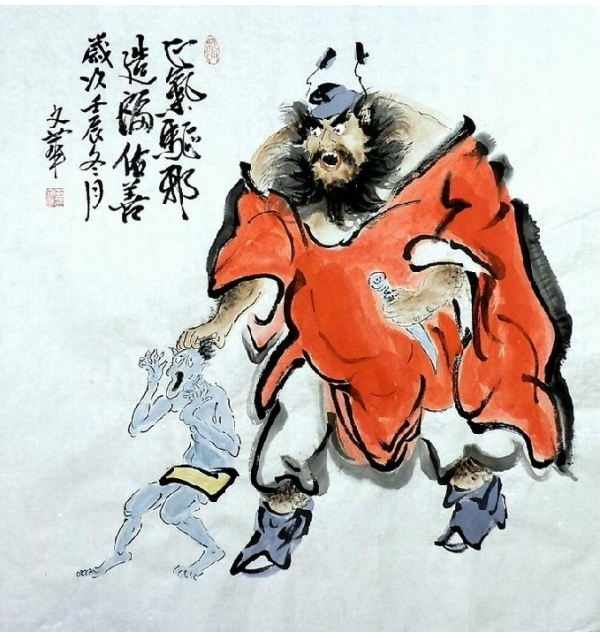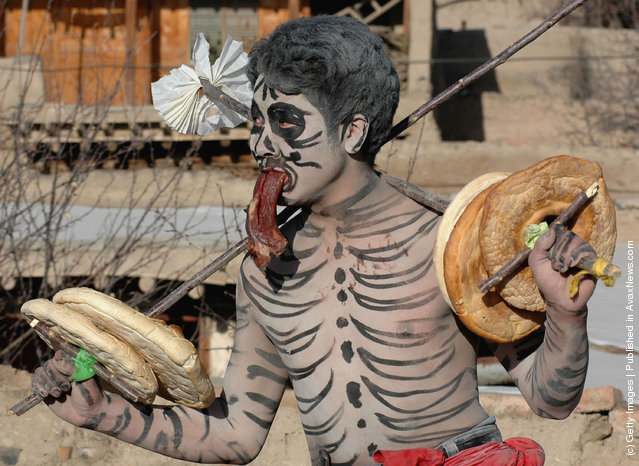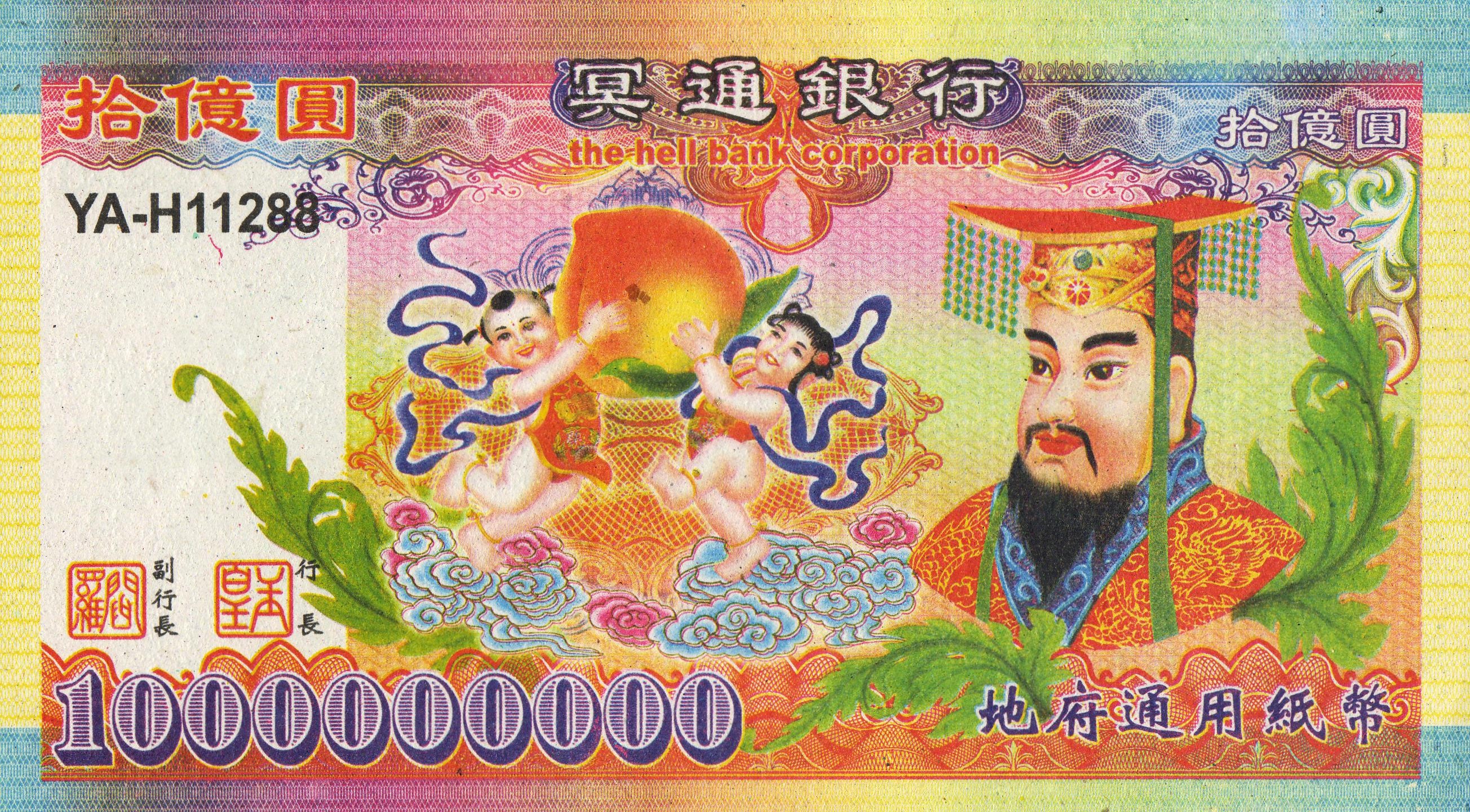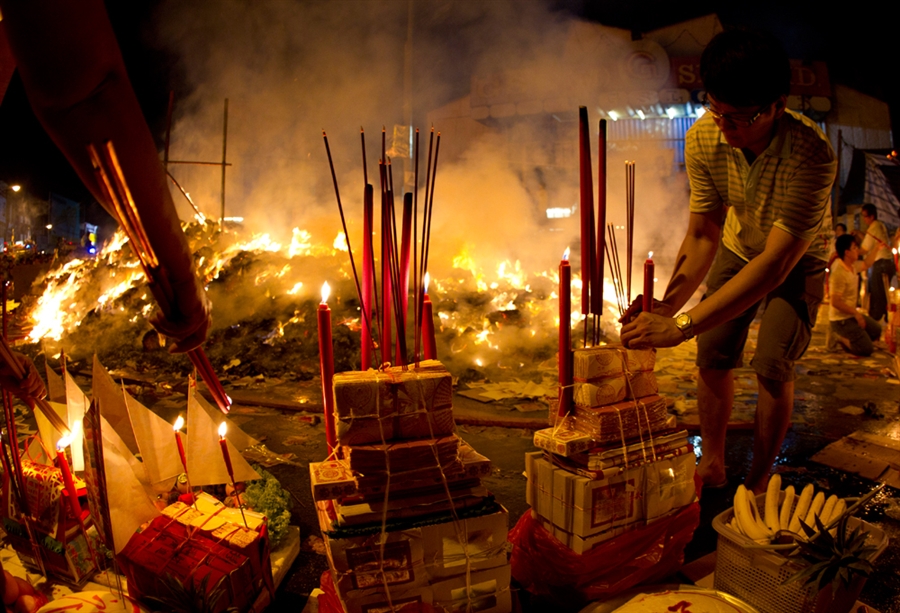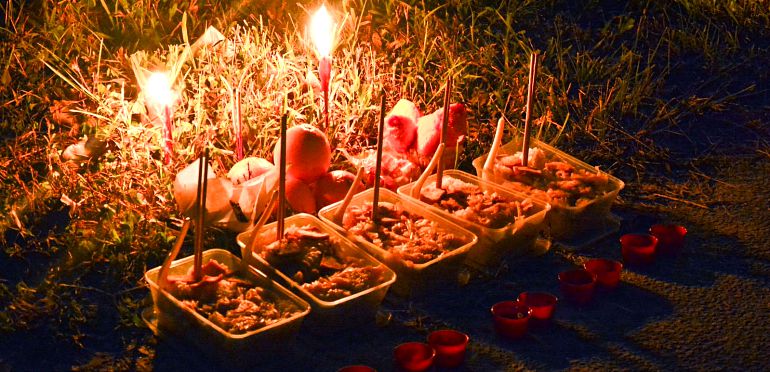Across the world, there are any number of myths and legends that are still making the rounds. While many of us take the stories we take with a pinch of salt, there are huge numbers of others who base their daily routine around traditions. In China, folklore is an incredibly important part of everyday culture for large groups of people. Across the course of their long and winding history, the Chinese have favored all things ghostly more than any of us out there, giving the dead a platform on which to speak again. These annual traditions are all part and parcel of local life for the Chinese, having been founded years ago due to a belief in all things ghostly.
- Warding Against Evil
Not just something to do when things go downhill, guarding yourself against evil is something that a great many Chinese people do on a daily basis. While appeasing the spirits is an important part of the Chinese people’s culture, so too is protecting themselves against the malevolent forces that might be trying to infiltrate their world. Although there are many practices out there to ward off evil spirits, one of the most popular involves hanging a picture of a famous ghost vanquisher in the home. Zhong Kui, the figure, is believed to be able to command 80,000 demons under his control, keeping the evil forces at bay.
- Ancient Wutu Dance
The act of ceremony is riddled with traditions in China, with activities held on public holidays laden with historical meaning. The ancient Wutu dance, for example, is still practiced by the people of the Nianduhu village as part of a symbolic festival. The act involves burning a white scarf, which represents all the ghostly and demonic figures that might be in the area. Villagers offer bread and other foods to the Wutus in order to convince them to bring the village good luck and wash off any evil energy that might be lingering. The ceremony takes place annually in January as part of local tradition.
- Hell Notes
Offering a gift or two to those in the afterlife is something that has taken place for centuries. While the tradition might have faded in certain parts of the world, the act still stands up in China, in which it is customary for locals to continue to offer gifts to the spiritual world. In the country, special banknotes known as Hell Notes are produced for the underworld courts where the souls of the dead are judged. The money is given to appease the spirits and ensure that newly dead family members get a just trial went sent to the next world.
- Ghost Month
The comings and goings of the sun and the moon are highly meaningful in the Chinese tradition. The seventh lunar month is so significant that it is also known as Ghost Month to locals. During the course of the month, it is believed that the veil between the living and the dead worlds is lifted and ghosts can come back to earth. In order to appease the spirits, then, people follow very specific rules. While celebrating at night is taboo during this time, major life changes are generally frowned upon as it is believed that ghosts don’t like change. Living people will stop wearing red, whistling or picking money up on the street, in the belief that it will keep the spirits at ease.
- Hungry Ghost Festival
The day of the dead in China is a big deal and brings with it a whole lot of ceremony. After the events of “Ghost Day”, a nightly festival takes place, held on the fifteenth day of the seventh lunar month. The Hungry Ghost Festival involves offering food and money to the spirits of the afterlife in order to keep them appeased. Offerings are placed before a 20 foot burning statue made in the image of Da Shi Ye Da, the god of the ghosts.


